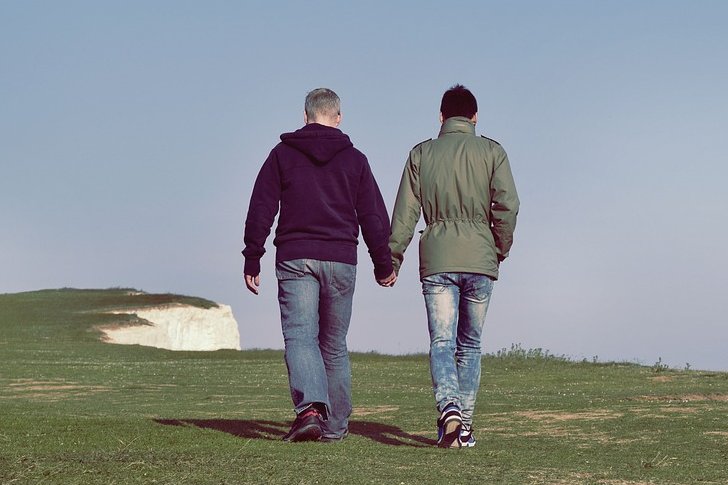A new study suggests that losing a spouse to COVID-19 may be worse for mental health than other causes of death. Photo by Pexels/Pixabay
July 26 (UPI) -- A new study suggests that losing a spouse to COVID-19 may be worse for mental health than death from other causes.
This research highlights that the millions of COVID-19 widows and widowers face "extreme mental health risks," the researchers said in a news release, "eclipsing those experienced by surviving spouses pre-pandemic" and heightening concerns about the pandemic's lasting impact on health.
And this large group of bereaved older adults remains in need of clinical healthcare support, suggests the National Institutes of Health-funded study by Penn State researchers published Tuesday in the Journals of Gerontology-Series B.
The research findings underscore the ongoing health risks posed by the COVID-19 pandemic, even to those who have not been infected by the virus, Ashton Verdery, a study co-author, said in the release.
"These risks apply to millions of people across the globe who have lost their wives, husbands and partners," said Verdery, associate professor of sociology and demography at Penn State.
The analysis focused on assessing whether a person whose spouse or partner died from COVID-19 faced unique mental health risks -- including self-reported depression, loneliness, and trouble sleeping -- compared with pre-pandemic recent spousal deaths.
To accomplish this, the researchers pooled survey data from 27 countries, comparing a pre-pandemic period, ranging from October 2019 to March 2020, to an early pandemic period from June through August 2020.
Adults in both samples were similar in terms of age, starting at 50 and older; gender, employment status; and household size.
According to the study's findings, strong associations existed between recent spousal death and poor mental health both before and during the pandemic.
But the scientists' analysis indicated that people whose spouses died of COVID-19 had higher risk of self-reported depression and loneliness -- but not trouble sleeping -- than what would be expected based on pre-pandemic associations.
Researchers said it's been debated whether indirect health impacts of COVID-19, such as bereavement, are worse than similar experiences in pre-pandemic times.
But. they said "there are reasons to suspect as much," since previous research indicates this might be the case due to risk factors, such as a sudden or traumatic death, stressful circumstances surrounding death and place of death, and lack of interpersonal support and coping resources following death.
The scientists also cited previous studies that indicated people whose loved ones die "bad deaths" -- marked by physical discomfort, difficulty breathing, social isolation, psychological distress, lack of preparation, being treated without respect or dignity, and receiving unwanted medical interventions -- tend to report greater mental distress than those whose loved ones die in different circumstances.
During the early stages of the COVID-19 crisis, much of this held true, they noted. The bereaved were deprived of final moments with loved ones who were dying of the coronavirus or other causes, as well as in-person funeral and memorial rituals because of the public health emergency.
Moreover, the researchers said, the challenges were likely exacerbated by other stressors associated with the pandemic, including social isolation, high-stress living situations, increased risk of financial problems, and lower rates of using mental health services, as outlined in previous studies.
Yet, this all this had been conjecture, with the "COVID-19 differential impact" hypothesis untested in population-based data until this study was done, according to the scientists.
Testing the hypothesis was challenging because of two factors: the dearth of solid population-based data from the pandemic, and the fact that available data on COVID-19 bereavement are often based on different surveys with different sampling parameters.
But the researchers said they overcame the challenges by using newly available data from two iterations of the Survey of Health, Aging, and Retirement, or SHARE, survey in Europe.
They said their findings lend support to the idea that "bad deaths" are especially risky for older adults' mental health, even outside of pandemic contexts.
And, the scientists said, while their study's focus was limited to spousal loss, a much larger share of the population has experienced other family and outside-of-family losses from COVID-19 likely to have a strong negative impact on their mental health.
They anticipate future research on whether other types of bereavement during the pandemic, such as children losing their parents, carry similar additional risks.















